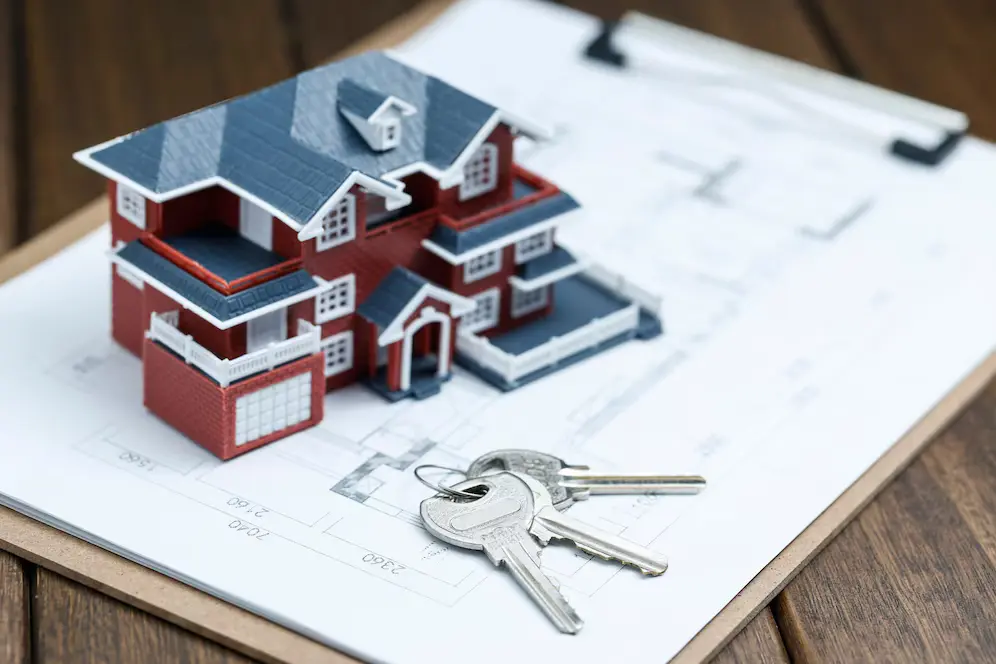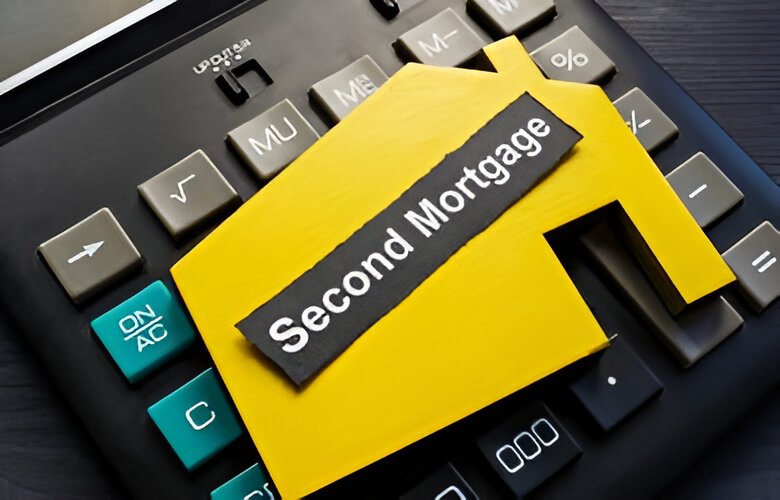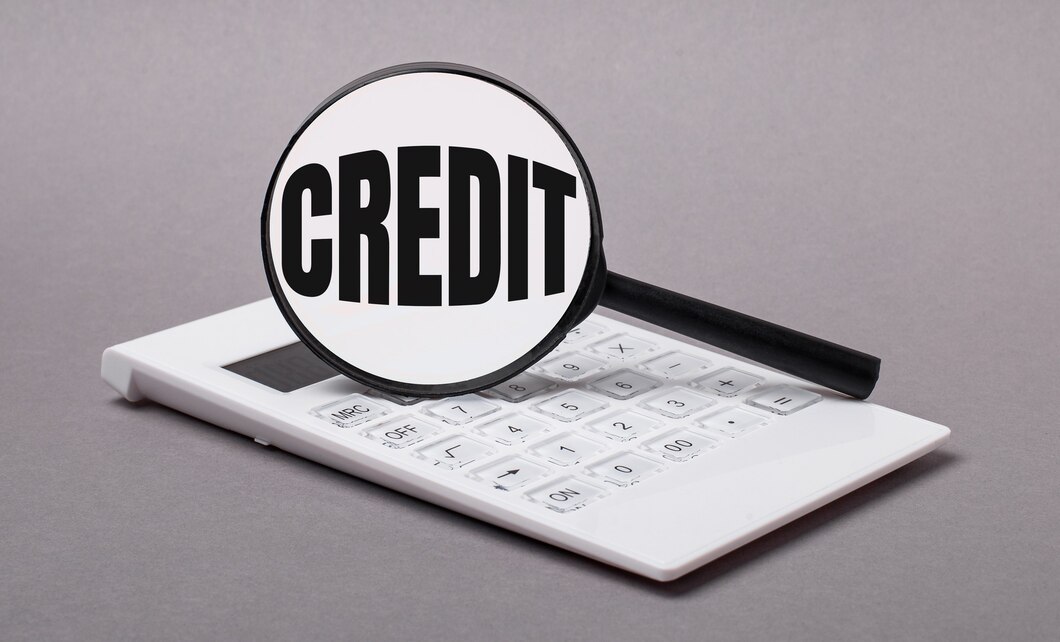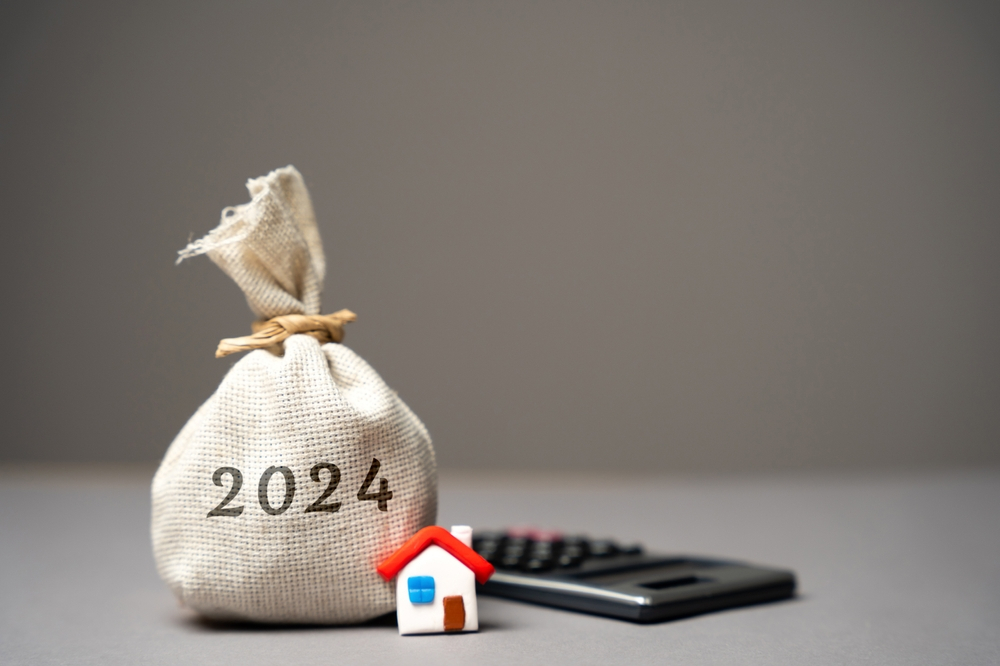Don’t expect to become an expert in real estate investing immediately if you’re just starting out. Buying and selling properties can bring you money, but it requires knowledge, perseverance, and skill. Knowing some of the common mistakes that people make when they first start investing in real estate can also help you avoid making them yourself.
Real Estate Investment Mistakes You should Avoid

1. Failing to Make a Plan
The first step is to create a plan. The very last thing you want to do is purchase a home without understanding how it will result in gains or income. It might be challenging to avoid being caught up in the buying frenzy during a hot real estate market. But you need to stand back and make a plan, including what to do if the market declines or your predictions prove to be incorrect.
You must choose an investment strategy before applying for a mortgage or putting down money. What kind of a home are you seeking? For instance, single-family or multifamily real estate are both options. Vacation homes? Office, commercial, or mixed-use structures? Make a purchase strategy first, then look for properties that meet that strategy.
Check out our Commercial Mortgage Rates
2. Skimping on Research
Most individuals examine various models, ask a lot of questions, and try to decide whether the purchase they are considering is worth the money before they buy a car or a television set. Even more thorough due diligence should be performed before buying a home.
Every kind of real estate investor, whether a private homeowner, a prospective landlord, a flipper, or a land developer, must take research into account.
You should enquire extensively regarding the property as well as the locale (community) in which it is situated. What use is a gorgeous house if a college fraternity notorious for its all-night keg partying is right across the corner? Unless, of course, you’re aiming for renters who are students.
3. Doing Everything on Your Own
Many purchasers believe they are either experts or are capable of concluding a real estate transaction by themselves. Even though you may have successfully completed multiple agreements in the past, things might not go as easily in a down market, and there is no one you can turn to if you want to improve a bad real estate deal.
Investors in real estate should use all available tools and establish friends with professionals who can guide them in the proper direction. A list of potential experts should at the very least contain a knowledgeable realtor, mortgage broker, home inspector, a handyman, an excellent lawyer, and an insurance agent.
These professionals ought to be ready to inform the investor of any issues with the house or neighborhood. Or, in the case of a lawyer, they could be able to alert you to any title flaws or easements that might one day come back to bother you.
4. Forgetting Real Estate Is Local
To make purchases that are likely to help you make a profit, you must get knowledgeable about the neighborhood market. Drilling deeper on inventory levels, property values, land values, supply and demand difficulties, and more is required. It will be easier for you to decide whether or not to purchase a specific house if you get a feel for these factors.
5. Overlooking Tenants’ Needs
If you plan to buy a rental property, consider the types of tenants you might attract, such as young families, singles, or college students. Families will need low crime rates and reputable schools, while singles may desire easy access to public transportation and a lively nightlife. How close is the ocean or other nearby attractions if your intended purchase is a holiday rental? To the kind of tenants who are most likely to rent in that region, try to match your investment.
6. Getting Poor Financing
There are still many exotic mortgage alternatives available, and the goal of these mortgages is to enable purchasers to purchase particular homes that they might not otherwise be able to afford using a more traditional, 30-year mortgage deal.
Unfortunately, a lot of buyers who obtain interest-only loans or adjustable-rat mortgages (ARMs) eventually pay the price when interest rates increase. Make sure that’s not you. Make sure you have the resources to continue making the payments (if interest rates rise) or a backup plan to switch to a more traditional fixed rate mortgage in the future.
In order to prevent these issues, it is ideal to start off with a fixed-rate investment property mortgage or to pay cash for your investment home.








